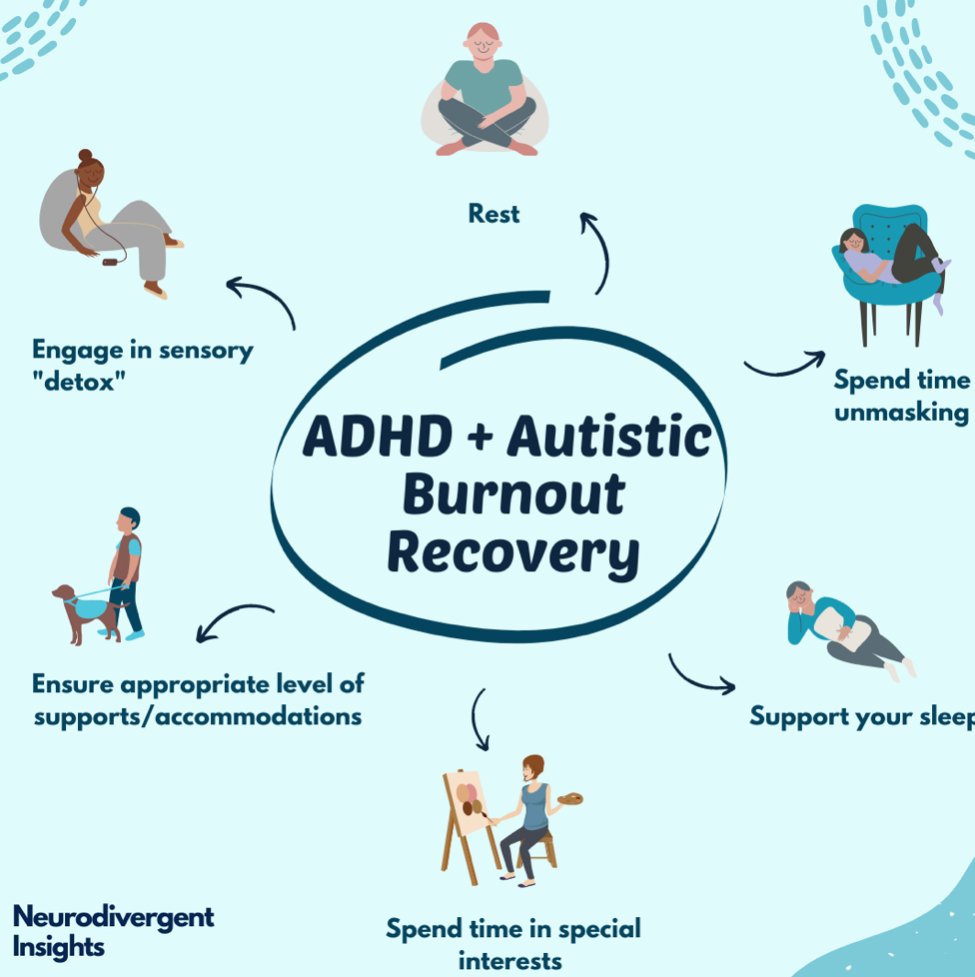
Loving Through C-PTSD: What Happens Inside Relationships When Trauma Lives in the Nervous System
Loving someone with C-PTSD or loving with C-PTSD can feel both deeply meaningful and profoundly destabilizing. Trauma doesn’t stay neatly in the past; it lives in the nervous system, shaping how closeness, conflict, and connection are experienced in the present. As both a therapist and someone who lives with C-PTSD, I know how quickly love can activate fear, shame, and survival responses that don’t make sense on the surface. This piece explores what actually happens inside relationships when trauma is present—and how couples can begin to recognize, name, and heal these patterns together.

chemical imbalance is only a part of Depression: What Research Is Revealing About Why Depression Happens
Depression isn’t a flaw, a mindset problem, or something you can fix with willpower.
The newest research shows that depression is a whole-body, whole-brain condition shaped by trauma, inflammation, gut health, genetics, and overwhelmed brain circuits. This blog breaks down what science is discovering and why it finally validates the lived experience of people who know that “just exercise” is not a cure.

When You Become What You’re Hurt By: Why We Repeat the Pain We Don’t Want in Relationships
We don’t usually realize we’re repeating the very pain we’re begging our partner not to give us. But that’s how trauma works. The wound you fear most gets awakened, and before you know it, you react in the same way that hurts you — not because you don’t care, but because your nervous system is in survival mode.
This is the mirror effect.
You’re not reacting to your partner. You’re reacting to what their behavior touches in you. And they’re doing the same. Two people mirroring each other’s unhealed patterns, convinced the other is the problem.
The moment you can see this without shame the moment you can recognize “I’m doing the thing I never want done to me” something shifts. You stop fighting each other and start seeing the real source of the pain. That’s when healing becomes possible. Not because anyone is perfect, but because you’re finally aware of the mirror you’re both standing in.


Complex PTSD Is a Central Nervous System Disorder - Here’s What That Actually Means
I know I’m safe now. But my body doesn’t.
That’s the reality for people living with Complex PTSD. It’s not just anxiety or bad memories. It’s a full-body survival state that never turns off. C-PTSD is a central nervous system disorder. It hijacks your ability to rest, connect, or trust. You might check the locks three times, freeze during arguments, feel nothing when someone hugs you, or have panic attacks while folding laundry. None of that means you’re broken. It means your body adapted to survive and now it’s stuck on high alert.
In this blog, we break down what that really feels like, how it shows up in daily life, and why healing starts not with thinking harder but with helping your body feel safe again.

Level 1 Autism and Complex Trauma: A Counselor’s Perspective on Supporting Adults
Discover how Level 1 Autism and complex trauma affect adults. Learn about late diagnosis, meltdowns, and family support from a counselor’s perspective.

Now Accepting Insurance for Counseling in Colorado – Trauma Therapy, EMDR, Brainspotting, Somatic Therapy & Attachment-Based Therapy
If you’ve been searching for a counselor in Colorado who accepts insurance, you’re in the right place. I’m Melissa Chana, MA, LPCC Candidate, founder of Therapize Yourself, LLC, and I’m excited to announce that I now accept a wide range of insurance plans to make therapy more accessible for those who need it most.

Why Complex Trauma Wakes You Up at 3am And How It Blocks Emotional Healing
Why Complex Trauma Wakes You Up at 3AM- And How It Blocks Emotional Healing
When Sleep Feels Impossible: How Trauma Disrupts Rest and Emotional Recovery
Read More:

The Hidden Cost of Complex Trauma: A Shattered Relational Identity
Explore how complex trauma damages your core relational identity, disrupts attachment, and makes love and connection feel unsafe, even decades later

What Is the ‘Let Them Theory’? (And Why It’s Not Real Psychology)
You’ve probably seen it all over TikTok:
“Let them talk. Let them leave. Let them misunderstand you. Just... let them.”
It feels freeing, right? But while the Let Them Theory is trending now, it’s really just a rebrand of deeper teachings on boundaries, detachment, and emotional regulation.

Is EMDR a Scam? What the Science Really Says
Two people sitting across from each other at a table, one holding a coffee cup and the other writing in a notebook symbolizing the supportive, collaborative nature of EMDR therapy sessions.

EMDR vs. Brainspotting: What’s the Difference and When to Use Each (Plus Why I Add EFT Tapping)
If you're searching for trauma-informed therapy, you’ve likely heard of EMDR (Eye Movement Desensitization and Reprocessing) and Brainspotting. Both are evidence-based trauma treatments, but they function very differently in the brain and body.
As a therapist and trauma coach trained in EMDR, Brainspotting, and EFT tapping, I often work with clients who have tried traditional therapy but still feel stuck. The key difference? These approaches reach different parts of the brain and nervous system, and when used together, they can unlock powerful, lasting change.

Your Body Is Electrical: How Trauma and Beliefs Get Stored as Energy
Your body isn’t just tissue and organs — it’s an electric circuit.
Every time you have a thought, move a muscle, feel an emotion, or take a breath, electrical signals are firing across your nervous system.
In fact:
Your brain runs on electrical currents.
Your heart generates a powerful electromagnetic field.
Your cells communicate using voltage changes across their membranes.
Even your gut and immune system are influenced by bioelectric signals.
Yes — even your cells have voltage across their membranes.
Your health depends on this cellular electrical balance.

Why You’re Searching: Mental Health, Anxiety, Trauma, and Finding Real Help
Have you found yourself Googling things like:
“mental health therapist near me,” “why do I feel broken,” “how to stop overthinking,” “anxiety treatment without medication,” “trauma recovery,” “healing childhood trauma,” “nervous system regulation,” or “what is EMDR therapy?”
Maybe you’ve typed in:
“I cry every morning,” “chronic stress symptoms,” “why am I so depressed,” “emotional numbness,” “unhealed trauma signs,” “do I have CPTSD,” “what is emotional dysregulation,” “am I disassociated,” “why do I keep sabotaging my life,” or “why do I attract the same abusive partners?”

Therapy for Neurodivergent Adults: EMDR Intensives for Highly Sensitive Nervous Systems
You’re not “too sensitive.”
You’re not lazy, broken, or unmotivated.
You’re carrying a lifetime of overstimulation, invalidation, and nervous system dysregulation.
And no, 50-minute talk therapy sessions once a week don’t always cut it.
You need something deeper, more attuned, and actually built for how your brain and body process life.

When Your Chest Hurts for “No Reason” What Emotional Pain Really Means (And How to Rewire It)
Ever feel like someone is stabbing you in the chest — but your labs are normal, and nothing "bad" even happened?
You’re not imagining it. That crushing, burning, tight pain in the middle of your chest is real.
But it’s not just physical, and it’s not “just anxiety.” It’s your nervous system crying out for regulation, often after years (or decades) of living in survival mode.

Is EMDR Supposed to Take This Long? A Message for Clients with Complex Trauma
EMDR stands for Eye Movement Desensitization and Reprocessing. It helps people process painful memories and experiences using bilateral stimulation (like eye movements or tapping) while focusing on the memory. For many, it can help release stored trauma and bring relief.
But for people with complex trauma — especially those with childhood neglect, abuse, abandonment, or attachment wounds jumping straight into traumatic memories can be overwhelming, confusing, and even retraumatizing.

What It Means to Work with a Trauma‑Informed Counselor or Coach
Being trauma-informed means more than understanding trauma, it means embedding trauma-awareness into every interaction. Whether you're offering counseling or coaching, this approach centers your client’s safety, agency, and healing potential.

Hijacked From the Inside: How Gut Bacteria Manipulate Your Mood, Hormones, and Cravings, and What It Has to Do With Chronic Illness
If you’ve ever felt like your cravings were possessing you , like no matter how much you want to eat clean or feel stable, something stronger takes over, you’re not imagining it.
You’re not weak. You’ve been hijacked.
And the hijacker?
Microscopic, relentless, sugar-obsessed.
We’re talking about gut bacteria, the trillions of microbes in your digestive tract that influence everything from hunger to depression to chronic pain. These microbes were supposed to work in harmony with your body. But thanks to modern living, the wrong bacteria have taken over, and they’re controlling more than just your cravings.

Burnout in High-Functioning Autism: How to Regulate Your Nervous System and Reclaim Your Energy
If You’re Tired of “Powering Through,” You’re Not Alone
You’re successful, intelligent, reliable, maybe even the one everyone leans on.
You’ve built a life that looks “fine” on the outside, career, routines, responsibilities, but underneath, you’re exhausted.
Not just tired, fried, short-circuited.
